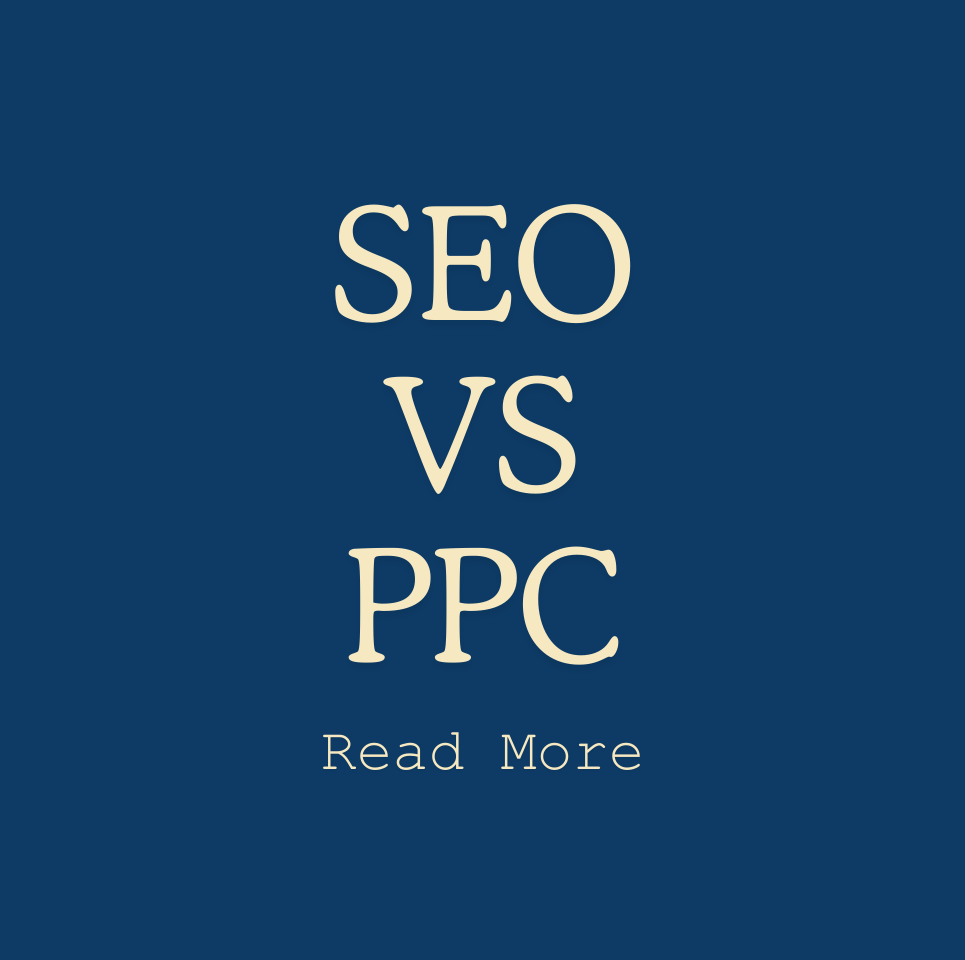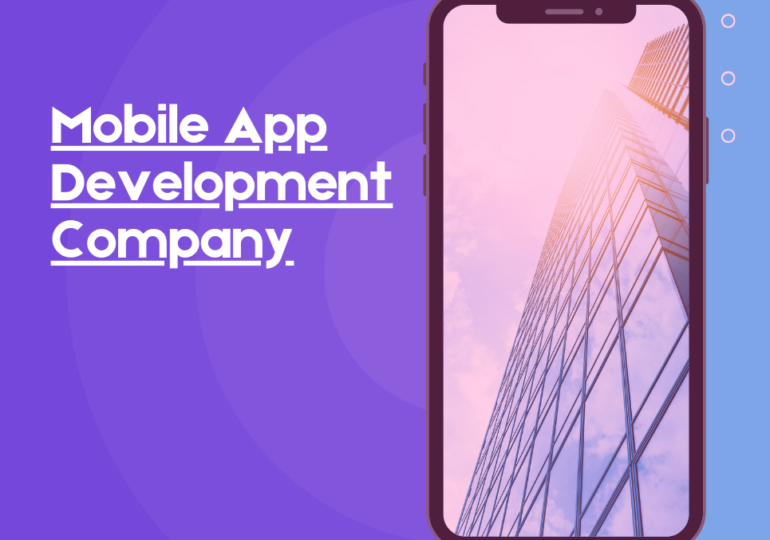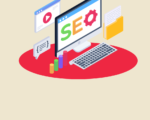SEO Vs PPC – Which One Is Best?

Now that you’ve created an amazing website or online business, it’s time to rule the digital space. What? People still can’t seem to find you? We know. In an era of cutthroat competition, you can’t just sit back and wait for your online presence to grow itself magically. You need a few strategies to get noticed in a sea of competitors.
Pay-per-click or PPC and Search Engine Optimization or SEO are two highly prevalent ways of driving traffic to your website. Both have their own advantages and disadvantages.
In this article, we’ll go through each strategy’s key differences so you can choose which strategy will be the most successful marketing approach for marketing your online business online. By the end, you will have a clear understanding of which strategy best serves your goals as you make up your mind about which approach best represents your goals/budget and decide how best to market your business online.
SEO and PPC 101
SEO and PPC are two popular methods for driving traffic to websites, yet few understand exactly how they differ and their application.
SEO involves optimizing a website so it appears higher in organic or unpaid search results on search engines like Google. Its goal is to place it prominently when potential buyers search keywords related to your business.
This takes time but will generate long-term free traffic to your site. Some common tactics used for SEO include:
- Establishing keyword strategies and optimizing content around them;
- Building high-quality links from authoritative websites;
- Optimizing page titles, URLs, image alt texts, and content to meet these standards;
- Improving site speed and mobile friendliness.
PPC or Pay-Per-Click
With Pay-Per-Click (PPC), advertisers pay to place advertisements at the top of search engines and other websites. Bidding takes place for keywords relevant to your business; when someone clicks your ad, a small fee is due; PPC ads allow for targeted traffic quickly – however, once payments stop being made they will cease working as effectively. Some popular options for Pay Per Click ads include:
AdWords campaigns that will appear across Google Search, Display Network, and Bing Ads as well as Facebook and Instagram ads.
Your choice between SEO and PPC ultimately boils down to your business goals and budget, but generally speaking, combining both strategies works best to maximize traffic and return. With experience comes finding that right balance.
Key Differences Between SEO and PPC
SEO and PPC are two popular methods of driving traffic to websites, yet each works in different ways.
Organic and Paid Traffic
Search engine optimization (SEO) involves earning organic traffic from search engines such as Google by optimizing content and website architecture to rank higher in their search results for free. PPC advertising involves purchasing ads in search results or elsewhere on websites – bidding on keywords then paying when someone clicks your ad appears in results or elsewhere on sites.
Slow and Steady Results SEO takes more time and effort than PPC campaigns do to generate significant traffic, as you must do things like research keywords, optimize pages, build backlinks, and establish authority. While PPC can generate instantaneous results that drive immediate traffic directly, SEO traffic tends to be more targeted and cost-effective in the long run.
Higher Conversion Rates
Visitors from SEO typically experience higher conversion rates as they’re actively searching for what you have to offer; PPC visitors may be less engaged. SEO also fosters brand recognition and loyalty over time.
Maintain Results
SEO requires continuous optimization and the creation of new content in order to maintain rankings, while PPC requires ongoing budgeting, bidding, testing, and management to keep driving traffic.
At its core, SEO and PPC work best when used together; SEO provides long-term traffic while PPC augments it when necessary. When combined, these strategies create a sustainable growth channel that generates leads and sales opportunities.
Pros and Cons of Each Approach
When selecting the most effective digital marketing strategy for your business, SEO and PPC advertising are two popular choices. Each approach comes with its own set of advantages and disadvantages – let’s break them down to help you determine which approach is most suited to you.
Pros of SEO
SEO is Typically Free to Implement
All it requires is optimizing website content to rank higher in search engines like Google. There are no start-up costs associated with SEO either.
Long-Term Traffic Gains
SEO’s aim is to bring long-term, sustained visits that remain on your website over time. As long as it is implemented properly, its benefits should outweigh its drawbacks.
Longer lasting results = Greater long-term traffic to your site = Longer-lasting success!
Cons of SEO
Slow Results
Improving search rankings takes months or years of ongoing optimization and patience.
Continuous Work Required
In order to remain at the top of rankings, optimizing on-page and off-page SEO must remain an ongoing effort.
PPC Pros
Rapid Results
PPC allows you to launch a campaign quickly and start seeing traffic flow to your website within hours or days, providing complete budgetary control with flexible budget settings available at any time.
PPC Cons
Ongoing costs
PPC requires an ongoing budget in order to keep ads running and visitors coming to your site. If you stop paying, so does traffic.
Competition Dependent
Your ability to obtain clicks and traffic depends heavily on how much you bid compared to competing advertisers; bidding wars can progressively drive up PPC costs over time.
Your approach should depend on your business goals, budget, and patience level. SEO and PPC usually work well together. With PPC providing short-term traffic while you focus on long-term SEO efforts – the choice is ultimately yours!
When Should SEO Vs PPC Be Used
So, you have a website or product and want to drive more traffic and raise its profile online? Your choice between search engine optimization (SEO) and pay-per-click advertising depends on both your business goals and budget.
As discussed before, SEO is an ongoing, long-term strategy that requires time and dedication in order to see meaningful results. SEO helps your site rank higher in unpaid search results – perfect if you want to establish a long-term presence and gain new customers over time!
However, significant results typically take between 6-18 months before being seen. Continued maintenance work must also take place if rankings remain at their optimal levels.
On the flip side, PPC \advertising provides immediate exposure and quick results, bidding on keywords to have your advertisements appear at the top of search results. PPC advertising can be ideal when you need quick traffic generation quickly or have a limited budget for short-term campaign promotion – however, it requires an ongoing budget in order to maintain results once payments have stopped being made.
SEO and PPC provide businesses with a holistic digital marketing approach. While SEO aims to establish a long-term organic presence, PPC generates immediate traffic that complements SEO efforts and should be utilized accordingly. Finding a balance is the key.
If your budget is limited, We suggest starting with on-page SEO by optimizing website content for relevant keywords, internal linking, fast page load times, and mobile-friendliness. As your SEO begins to gain traction, PPC ads may help accelerate results; ultimately the goal should be generating steady organic traffic through SEO before employing PPC ads strategically in meeting key business needs.
SEO and PPC can work hand in hand, but the optimal combination will depend on your priorities, resources, and timeline. By finding a balance between long-term SEO and short-term PPC strategies for driving targeted traffic to your website.
Combining SEO and PPC for Maximum Impact
Integrating both strategies of SEO and PPC together is a proven strategy to maximize digital marketing impact. Although they operate separately, SEO and PPC work hand in hand to drive more visitors and conversions to your website.
SEO efforts require time and patience, while PPC ads provide immediate traffic and revenue while you focus on improving organic rankings. Your bid terms for PPC can also provide key insight for creating SEO content – look out for opportunities around those popular keywords to create pieces around them!
Expand Your Reach
PPC allows you to target less competitive long-tail keywords that would otherwise remain out of your reach organically, as well as reach new audiences on search engines.
Remarket to Visitors
One advantage of PPC advertising is its ability to target previous buyers and visitors to your website with remarketing ads that show ads to bring them back while also improving SEO rankings in future organic searches.
Analyze and Optimize Your PPC campaigns provide invaluable insights into how people are engaging with and converting on your website, which you can then use to optimize SEO metadata, content, user experience, organic traffic sources, and rankings to determine where adjustments may need to be made for PPC bids or ad copy.
SEO and PPC working in tandem can propel your website to the top of search rankings and keep it there, creating an integrated approach to search optimization that delivers maximum impact for digital marketing strategies. Through constant analysis and optimization efforts, your SEO and PPC strategies will reach their full potential and deliver maximum returns.
The Bottom Line
Here we present a quick run-down of the major differences between SEO and PPC to assist your decision in selecting the appropriate digital marketing strategy for your business. Both have their own set of benefits when implemented properly, making an educated choice an essential step toward success in any digital marketing plan.
Your decision depends entirely upon your business goals, priorities, and budget. If you want targeted traffic that converts at a lower cost SEO may be the way to go; otherwise, if fast results or total control over campaigns is important to you then PPC could be better.
In simple terms, SEO and PPC should work hand in hand to maximize impact for most companies. No matter which strategy or execution method you opt for, however, do your research, set clear objectives, track key metrics, and optimize according to data – with this combination, your company should have no difficulty dominating search results!
Keen on learning more about digital marketing? Just subscribe to TeCuriosity’s informative, no-spam newsletter and get mind-blowing stories right into your inbox!












